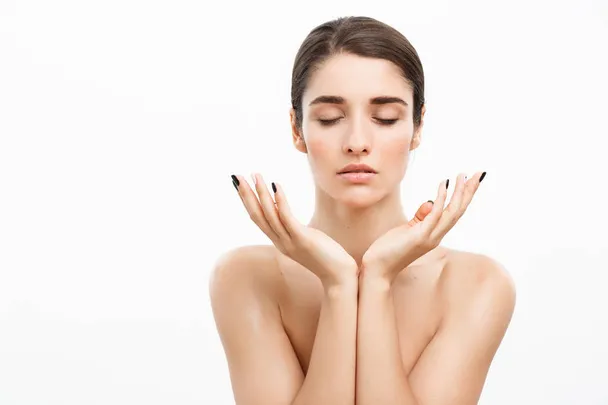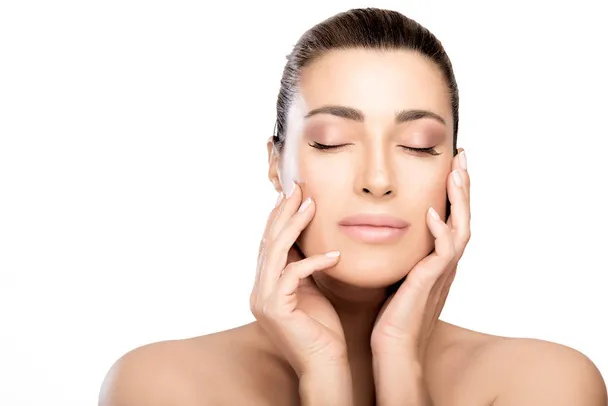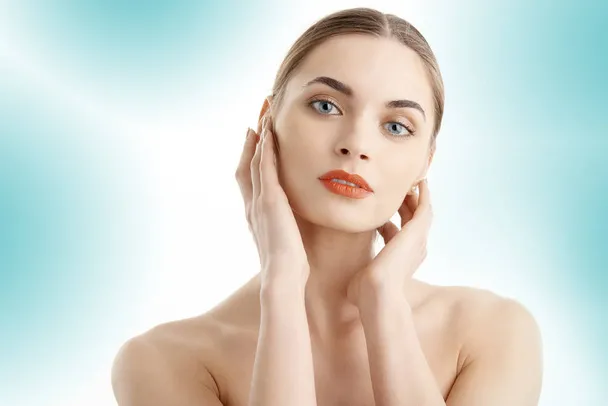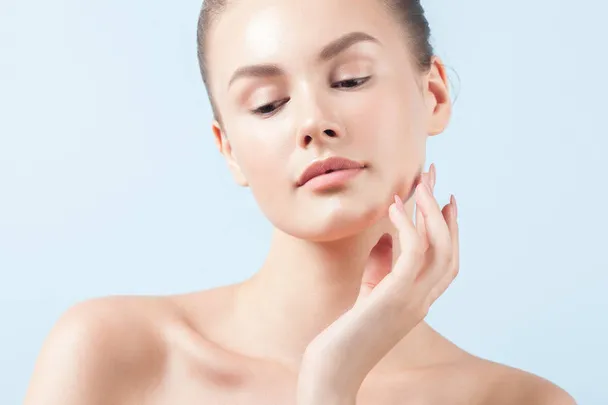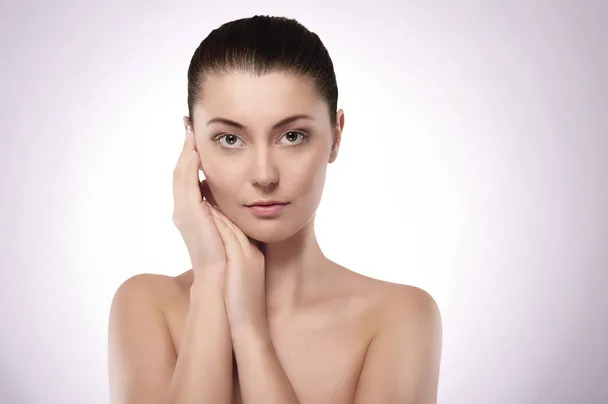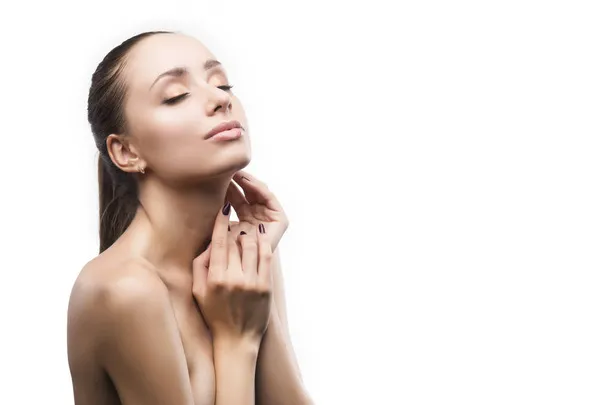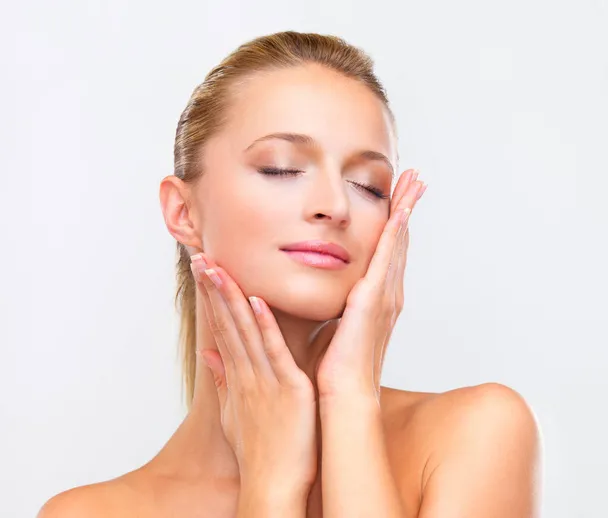The Myth of Sunlight and Acne:
The idea that sunlight can effectively clear up acne has persisted for years, fueled by anecdotal observations of acne improvement during sunny seasons or after prolonged sun exposure. This belief attributes the supposed acne-clearing effects to the sun’s ultraviolet (UV) rays, which are thought to dry out pimples, reduce inflammation, and eliminate acne-causing bacteria. However, this perspective fails to consider the deeper mechanisms involved and disregards the potential long-term repercussions of exposing the skin to sunlight.
While it’s true that some individuals may notice a temporary improvement in their acne symptoms after sun exposure, the reality is more complex. UV rays do have anti-inflammatory properties and can initially dry out pimples, giving the appearance of clearer skin. However, this effect is short-lived and superficial, masking underlying issues rather than addressing them effectively.
Moreover, the notion that sunlight kills acne-causing bacteria oversimplifies the role of bacteria in acne development. While bacteria do play a role in acne formation, acne is a multifactorial condition influenced by various factors such as hormones, genetics, and lifestyle habits. Killing bacteria alone is not sufficient to treat acne comprehensively.
Furthermore, the belief in the acne-clearing benefits of sunlight overlooks the long-term consequences of sun exposure on the skin. UV radiation penetrates the skin and can lead to a range of detrimental effects, including premature aging, hyperpigmentation, and an increased risk of skin cancer. These risks outweigh any temporary improvements in acne symptoms and underscore the importance of protecting the skin from excessive sun exposure.
In summary, while the belief that sunlight can clear up acne is widespread, it is based on oversimplified assumptions and ignores the broader implications of sun exposure on skin health. Rather than relying on sunlight as a treatment for acne, individuals should prioritize evidence-based skincare practices and seek guidance from dermatologists for effective acne management strategies that prioritize long-term skin health and well-being.
The Reality Behind Sunlight and Acne:
Contrary to popular belief, sunlight does not effectively treat acne and can even worsen the condition in the long run. While UV rays may temporarily dry out pimples and reduce inflammation, this effect is short-lived and superficial. In reality, sun exposure can lead to a host of skin problems that exacerbate acne and compromise overall skin health.
Increased Oil Production:
Contrary to the belief that sunlight dries out pimples, sun exposure actually stimulates the skin to produce more oil as a protective mechanism against dehydration. When exposed to UV radiation, the skin’s sebaceous glands kick into overdrive, ramping up oil production to lubricate and protect the skin from moisture loss. While this increased oiliness may temporarily give the skin a smoother appearance, it can have detrimental effects in the long run, especially for acne-prone individuals. Excess oil can clog pores, trapping dirt, dead skin cells, and bacteria inside, which can lead to the formation of new breakouts and exacerbate existing acne. Therefore, rather than improving acne, increased oil production induced by sun exposure can contribute to a worsening of acne symptoms over time.
Skin Dehydration:
Although sunlight may initially create the illusion of drying out pimples, prolonged exposure to UV radiation can actually lead to skin dehydration. UV rays penetrate the skin’s outer layer, disrupting its natural barrier function and causing moisture loss. As a result, the skin becomes dehydrated, triggering a compensatory response where the sebaceous glands produce more oil to lubricate and protect the skin. This overproduction of oil can exacerbate acne symptoms by clogging pores and promoting bacterial growth. Additionally, dehydrated skin is more susceptible to irritation and inflammation, which can worsen existing acne lesions and contribute to the development of new ones. Therefore, while sun exposure may temporarily alleviate acne symptoms, its dehydrating effects can ultimately lead to an exacerbation of acne in the long term.
Hyperpigmentation and Scarring:
Prolonged sun exposure can have detrimental effects on the skin, particularly for individuals with acne-prone skin. UV radiation stimulates the production of melanin, the pigment responsible for skin color, leading to hyperpigmentation or darkening of acne lesions and surrounding areas. This can result in the formation of persistent dark spots, also known as post-inflammatory hyperpigmentation (PIH), which can take months to fade and may require additional treatment to address. Furthermore, sun damage can interfere with the skin’s natural healing process, prolonging the resolution of acne lesions and increasing the likelihood of scarring. Acne scars, whether atrophic or hypertrophic, can become more pronounced and difficult to treat when exposed to UV radiation, exacerbating the appearance of acne-related skin concerns. Therefore, protecting the skin from sun exposure is essential for preventing hyperpigmentation and minimizing the risk of scarring in individuals with acne-prone skin.
Premature Aging:
Beyond its immediate effects on acne, prolonged sun exposure accelerates the aging process of the skin, leading to a range of cosmetic concerns. UV radiation penetrates the skin and damages collagen and elastin fibers, which are essential for maintaining its firmness and elasticity. As a result, prolonged sun exposure can lead to the formation of wrinkles, fine lines, and sagging skin, collectively known as photoaging.
For individuals with acne-prone skin, premature aging caused by sun exposure can exacerbate the appearance of acne scars and make the skin more susceptible to future breakouts. Weakened collagen and elastin fibers may contribute to the persistence of atrophic scars and hinder the skin’s ability to repair itself effectively. Additionally, fine lines and wrinkles around acne-prone areas can trap excess oil and debris, further exacerbating acne symptoms.
Furthermore, premature aging induced by sun damage can compromise the skin’s natural barrier function, making it more vulnerable to environmental stressors and microbial invasion. This weakened barrier may impair the skin’s ability to defend against acne-causing bacteria and exacerbate inflammatory responses, leading to more frequent and severe breakouts.
Skin Cancer Risk:
Perhaps the most concerning consequence of sun exposure is the increased risk of skin cancer. UV radiation damages the DNA in skin cells, triggering mutations that can lead to uncontrolled cell growth and the development of cancerous tumors.
Among the various types of skin cancer, melanoma is particularly dangerous due to its ability to metastasize and spread to other parts of the body. Melanoma accounts for the majority of skin cancer-related deaths, making early detection and prevention critical.
Excessive sun exposure, especially during peak hours when UV radiation is strongest (typically between 10 a.m. and 4 p.m.), significantly increases the risk of developing skin cancer. This risk is compounded by factors such as fair skin, a history of sunburns, a family history of skin cancer, and a weakened immune system.
To mitigate the risk of skin cancer, it’s essential to practice sun safety measures, including wearing protective clothing, seeking shade, and applying sunscreen with a high SPF regularly. Additionally, individuals should perform regular skin self-exams to monitor for any changes in moles, freckles, or other skin lesions and promptly consult a dermatologist if any suspicious changes are detected.
Conclusion:
In conclusion, it’s crucial to recognize that the belief in sunlight’s acne-clearing properties is unfounded and potentially harmful. While sun exposure may offer temporary relief by drying out pimples and reducing inflammation, its long-term consequences far outweigh any short-term benefits. Sun exposure can exacerbate acne by increasing oil production, dehydrating the skin, causing hyperpigmentation, scarring, premature aging, and elevating the risk of skin cancer.
Instead of relying on sunlight as a treatment for acne, individuals should prioritize evidence-based skincare practices. This includes adopting a gentle cleansing routine, incorporating topical treatments recommended by dermatologists, and seeking professional guidance for effective acne management. By understanding the truth behind the myth and taking proactive steps to care for their skin, individuals can achieve clearer, healthier skin without jeopardizing their overall skin health.
It’s essential to spread awareness about the risks associated with sun exposure and debunk myths surrounding its effects on acne. Educating others about evidence-based skincare practices and promoting sun-safe behaviors, such as wearing sunscreen daily and seeking shade, can help prevent long-term damage and complications associated with acne and sun exposure.
Ultimately, by prioritizing evidence-based skincare approaches and sun protection measures, individuals can maintain clear, healthy skin while safeguarding their overall well-being.



